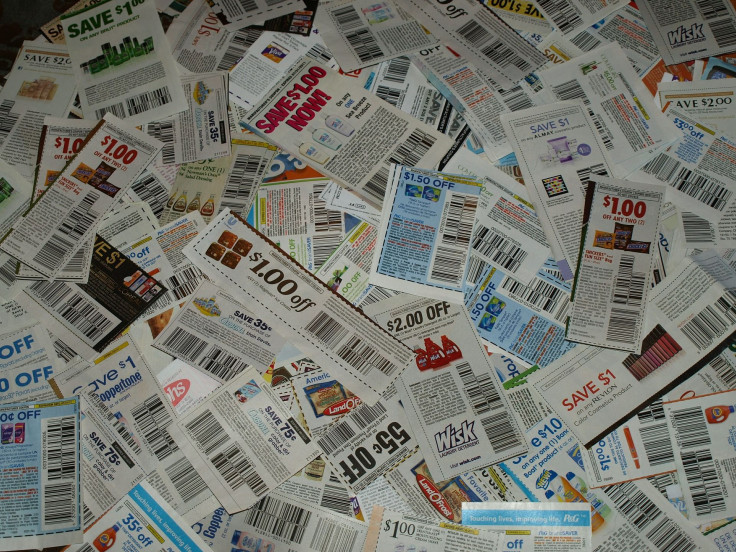
Reward apps” ask you to scan your receipts to earn gift cards. Is it worth it?
Stereotypes are sometimes blatantly false, always incomplete, and often simplistic and reductive. But some hold elements of truth. Such may be the case with the old, “women love but men hate shopping.” In our extremely unscientific mini office poll, four women said that they indeed enjoyed shopping and also took pleasure in hunting for items online. The three men in our sample all agreed that shopping at a physical location was something similar to torture while online shopping was only marginally better. But of course, it doesn’t matter if one is a woman, a man, or a non-binary person. You can despise or adore shopping, but you still have to do it. Perhaps it should be added to that list of life's unavoidables: Death, taxes, and shopping. From couture fashion items to a couple of brewskis, some shopping is required. Most of us buy something every day – even if it’s only lunch – and we get a receipt for doing so.
On the small island of Taiwan, the government encourages tax compliance with a receipt lottery. The numbers on official invoices/receipts are entered into a database and every two months a string of numbers is announced. If you have four numbers on one of your receipts, you win about US$30. Match all eight numbers and you win over US$350,000! –The odds of winning are the proverbial “struck by lightning” but despite the odds, most folks in Taiwan still check their receipt numbers when the day comes as even getting three magic numbers nets you US$8 – enough for a snack or something. It’s nice to make money from doing nothing but thumbing through receipts. For different reasons, this idea has filtered into the private sector. Shoppers can now earn rewards, and save money... by simply scanning or snapping a pic of their receipts.
It works by downloading a “reward app.” Instead of dozens of membership clubs, valued customer programs, or the like, any and all of your purchases are scannable and they instantly earn you points. Hit X number of points and trade them for a free Uber ride or Frappuccino. Or, save them up and exchange them for gift cards from Amazon, Target or literally a couple dozen other options. It’s not accurate to say “the more you spend the more you save,” as that logic is faulty, but it is fair to say that the more receipts you scan (from stuff you were buying anyway), the more free stuff you can earn. The list of things you can swap points for is long and broad. The reward app companies know that to get you to offer your shopping data, they need to offer you substantial returns. It sounds like a hassle, but once you get into the groove of scanning and earning gift cards, it starts to become second nature. And it’s obviously a nice rush of dopamine when you earn a reward for merely pressing a button.
So, why would any company offer such a deal? Two words: big data. Marketers, consultants, researchers, multinationals, etc.… they all need data. This is a very fast and efficient way of getting data, and so the reward apps that work with these firms offer better-than-expected incentives for your shopping info. This isn’t as sinister as your weird uncle who thinks barcodes are the “The Mark of the Beast” would have you believe. It’s pretty straightforward capitalism. Let’s offer a hypothetical: stats provided by big data show that coffee company ‘A’ isn’t as popular in southern California as in northern California. Coffee company ‘A’ can then make one of two choices, spend more on advertising – and perhaps offer special deals – in the south of the state to try and boost sales or reduce advertising in the north (which, considering their position, may not be so needed) and or lower prices to become even more dominant in that market.
Now, here’s part two: coffee company ‘B’ is going to have to adapt to whichever strategy coffee company ‘A’ goes with – or risk going under. –The result? Generally, lower prices for coffee drinkers. Both companies will streamline their supply chains, look at storage, transport, marketing, etc… and seek ways to entice consumers. By scanning your receipts, you let companies know what you want, when you want it, and how much you’re willing to pay for it. And by extension, all the opposites: what you don’t want, etc. The system resembles getting detailed surveys from tens of thousands of people every few minutes as we report our consumption habits: the restaurant you ate at, the gas station you filled up at, the T-shirt you bought, etc.
One way or another, your shopping data is being collected. Reward apps are just a much more transparent arrangement: give us info quickly and often, and we’ll make it worth your while. Not a bad trade, yes?